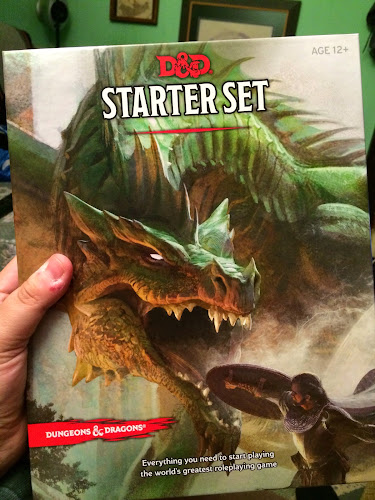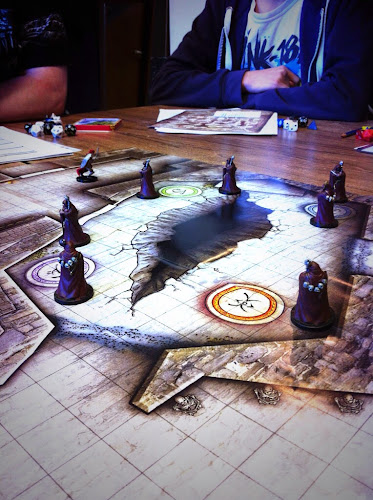With the recent release of Interstellar it seems to have become fashionable to rank Christopher Nolan's films in order of preference and never one to miss the chance to be part of the in crowd, here is mine. I've left out Following as I haven't seen it. So, in reverse order, let's begin where a majority of these lists seem to start:..
The Dark Knight Rises (2012)
The epic conclusion of the Dark Knight trilogy was very much a mixed bag in terms of the film delivered. When a plot point is so out of place from the film that it takes the audience out of enjoying the film then, to my mind, the film has failed in it's basic premise, to entertain. There are some good points, the action is well staged, the cast is great and the film hits a lot of emotional beats. However, it tries to take what was happening at the time (I think the Occupy Wall Street movement was partly an inspiration) and takes it to what it considers to be it's logical conclusion. Having read Knightfall a long time ago (the comic book where Bane famously cripples Bat Man) it has some great ideas and imagery but they just don't translate well in this film. Too many plot holes stand out, the police storming the tunnels, Bane excavating exactly under where the Tumbler vehicles are, dumping Bruce Wayne in the prison halfway across the world. It's similar in some ways to it's predecessor but much more amplified here. You can see where the story could have gone and ultimately wish it had, a misfire.
Insomnia (2002)
After the incredibly clever Memento earlier, we have this remake of an earlier Norwegian thriller. With casting such as Al Pacino, Hilary Swank and the late Robin Williams. The film is a thriller set in Alaska where the days are incredibly long and it's this phenomenon that the film plays on with it's central character (Pacino) suffering the effects of lack of sleep. Williams plays the villain (but not as effectively as he would do in One Hour Photo that came out in the same year as this) and it's effectively a cat and mouse between him and Pacino. It's relatively formulaic and procedural and is worth a watch but seems to offer little in terms of repeat viewing.
Interstellar (2014)
The films that Nolan has made between the Batman trilogy have mostly been his strongest (see later for more details) and it was with great expectation and much baited breath waiting for this. As a film, it looks great, incredible production values, great casting but, like the Dark Knight Rises before it, it suffers from story problems. I go to the cinema to be entertained, if I wanted a science lesson, I'll hop onto the Discovery Channel. The parallels with 2001 are throughout the film, from design cues and plot points. It reminds me a lot of Ridley Scott's Prometheus and it suffers a lot of the same disappointments. I wanted so desperately to enjoy this and I will probably buy the Blu-Ray as I imagine the extras will be incredibly good.
Memento (2000)
A film that is basically shown backwards beginning with the ending and ending with the beginning. Skilfully handled both in production and in the edit suite, it concerns Guy Pearce trying to find who killed his wife but his problem is that he cannot form new memories and can only remember the last seven seconds. Consequently when he learns something new he writes it in felt tip on his arm and has to rely on these notes as his investigation carries on. Ably abetted by Carrie-Anne Moss and Joe Pantoliano, Memento is a unique film that rewards repeated viewings as hints and clues are dropped throughout the film. The DVD even has a unique feature that will show the film in the right order and is quite a different experiance than what you might expect.
The Dark Knight (2008)
The sequel to the successful reboot of the Batman film franchise was eagerly expected, not less by me. Even though it would be overshadowed by the untimely death of Heath Ledger the Dark Knight would go on to be incredibly successful both critically and financially. I don't think ultiamately it's as good as Batman Begins as the this was the first film where I felt I had to watch it multiple times to get the the most out of it. I think it's more dense than it needs to be and the excursion to Hong Kong was unnecessary. It is still worth your time though and is still vastly superior to the disappointing third part of the trilogy.
Batman Begins (2005)
The Batman franchise had lain dormant since 1997's ill judged Batman & Robin and its told Warners were initially reluctant to hand Nolan the reins. Thankfully they did and we got one of the best super hero origin stories ever. Origin stories can be tricky beasts as there tends to be a level of market penetration already (if my mother knows that Bruce Wayne's parents were killed and Peter Parker was bitten by a radioactive spider the consider a level of penetration achieved).
The Prestige (2006)
Possibly Nolan's most underrated film, it has jostled at the top of my chart for a while with what could at the top and it's second by the narrowest of margins. Adapted from a novel, it features Christian Bale and Hugh Jackman as feuding magicians at the turn of the century. The story plays out across three seperate time lines afrom the beginning of the feud, through to it's end. One comment I keep making is that Nolan's films have some incredible casting and this is no different with possibly David Bowie walking away as the mercurial Nikolai Tesla. It's a film I can go back to again and again and find something new. In a case of studio duplication, the film "The Illusionist" came out around the same time with a higher profile but I don't think there's any contest as I think that sreally inferior to Nolan's effort.
Inception (2010)
It was a close call between this and the previous film but I came out of seeing this on a real high having had a great time. Great visuals and a great case come together in waht had originally been a horror film but was retooled into a heist. I can even forgive it for playing loose with it's own rules as the ride is just so much fun. In a time where summer blockbusters are dominated by sequels or reboots, this was a rare moment of an original IP knocking it out of the ballpark to the tune of £800 million dollars and whilst not as much as the previous "The Dark Knight" I view this as a superior film. I also think it's superior to the more recent "Interstellar" as it accomplished the goal of both enjoyment and getting the audience to think about what they are watching.




